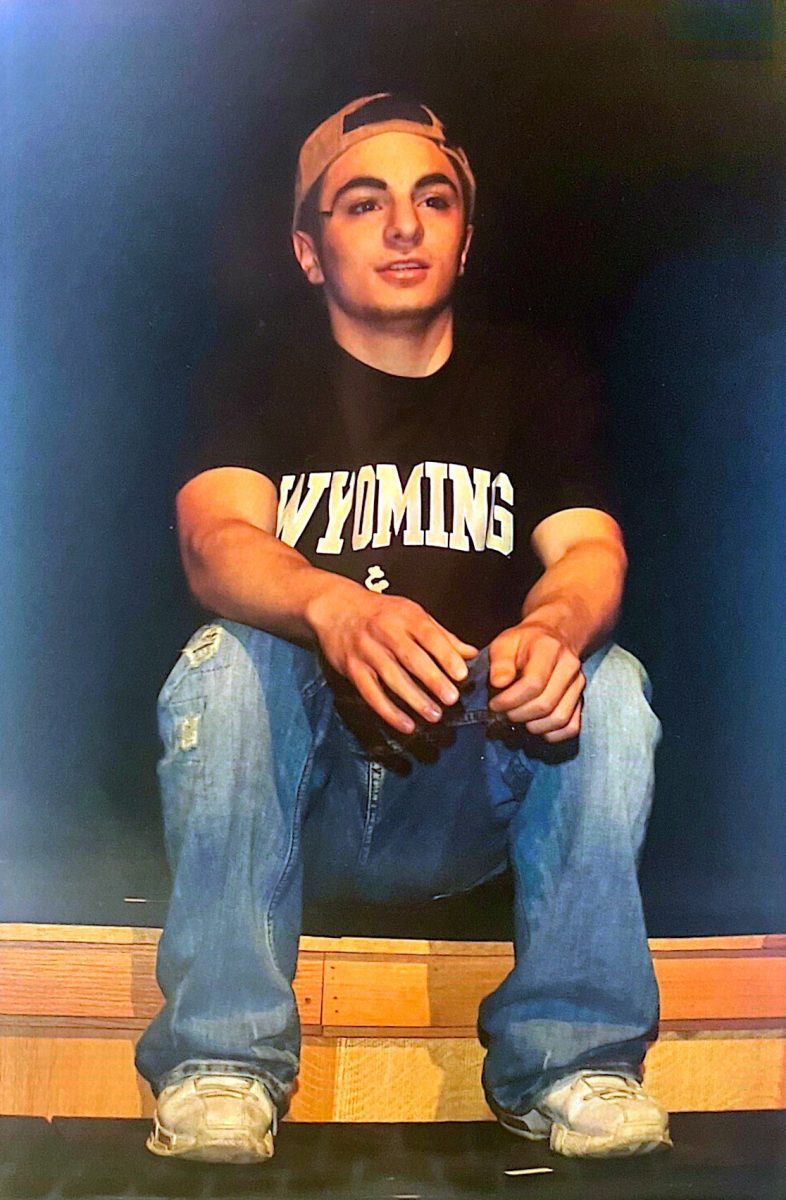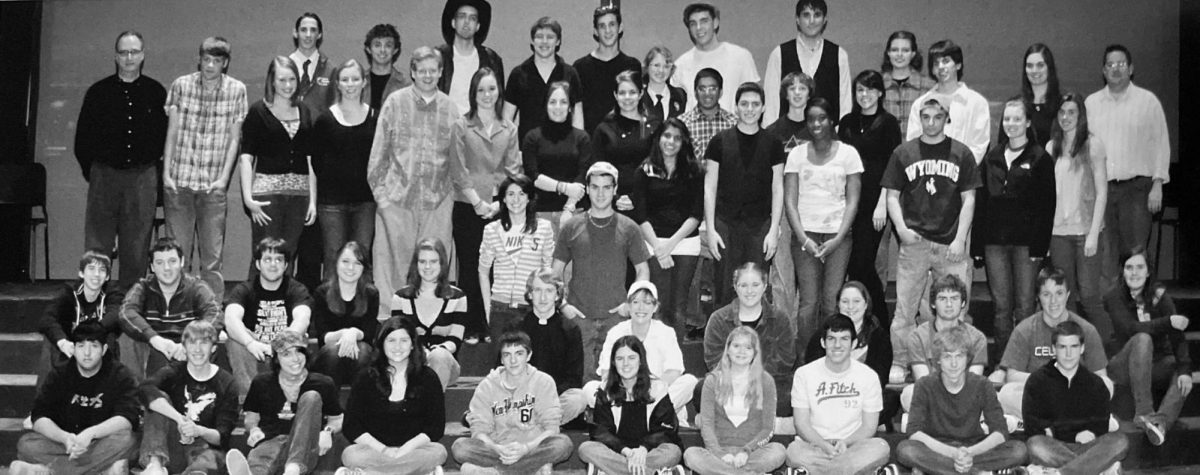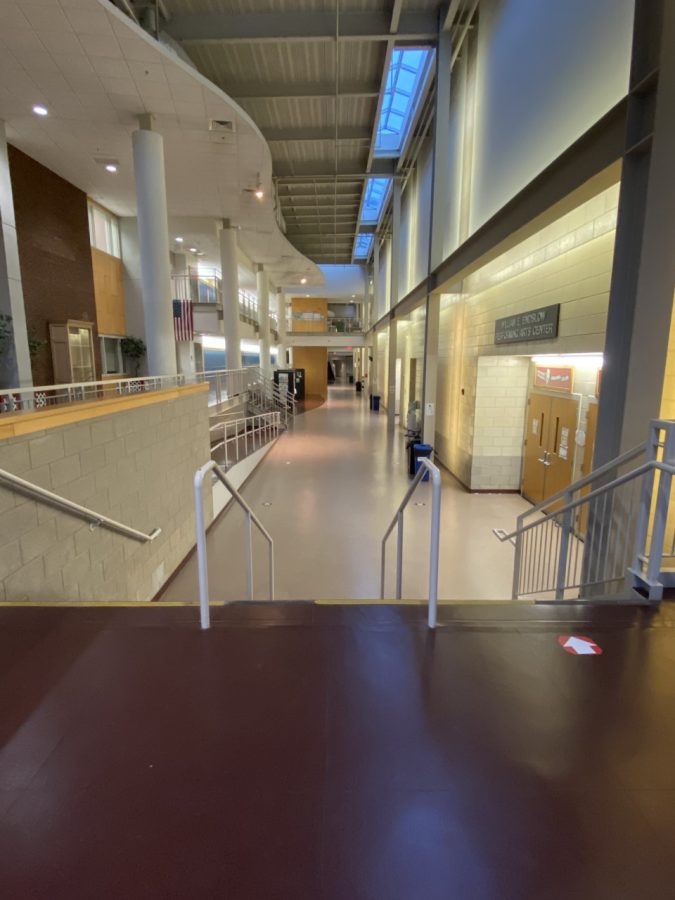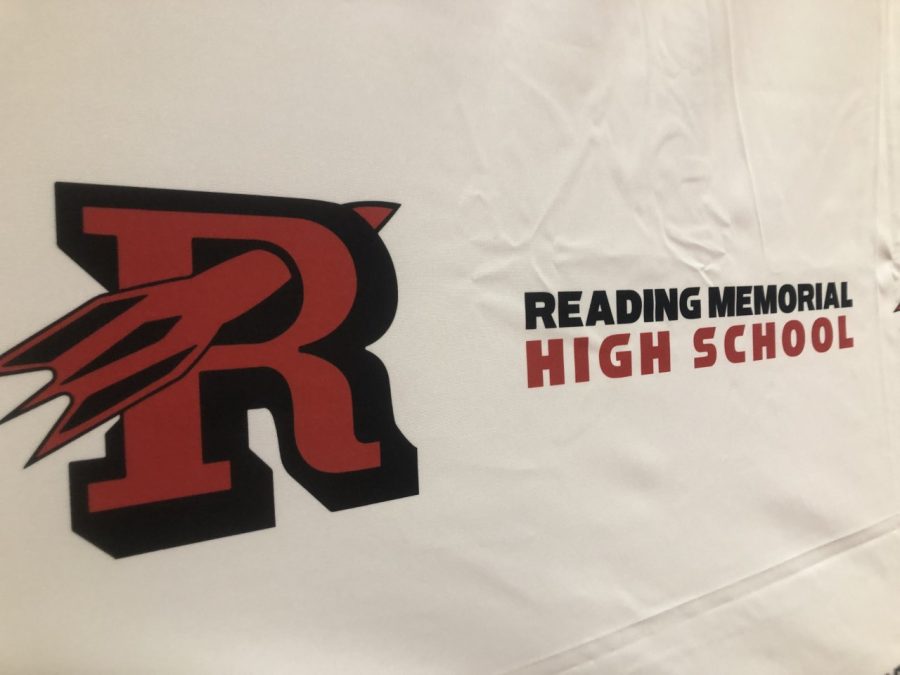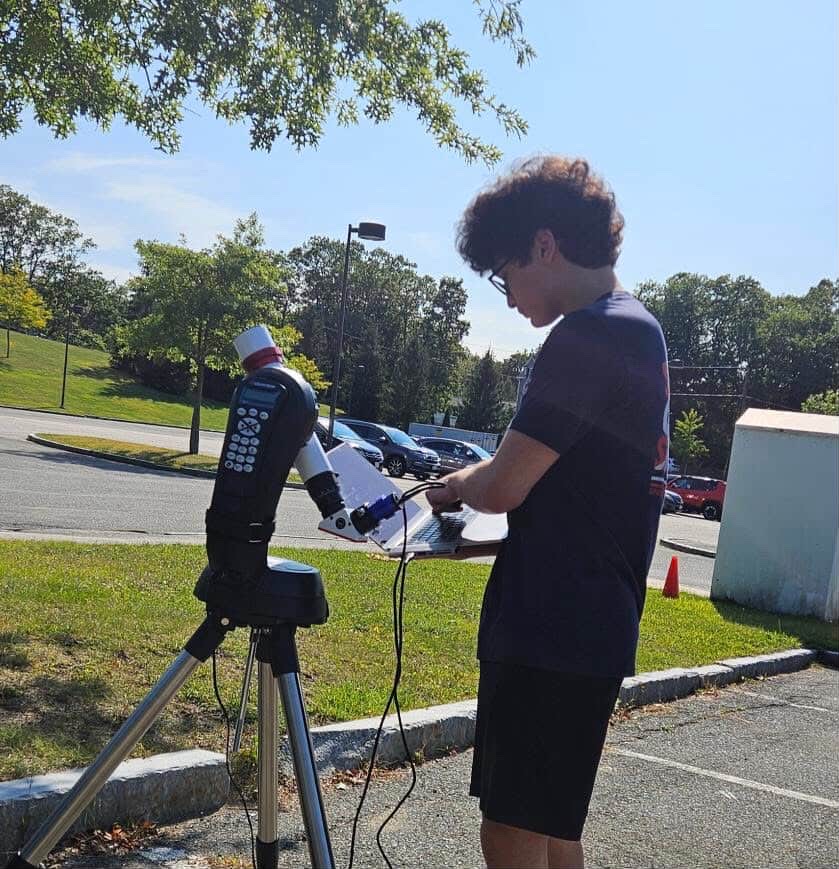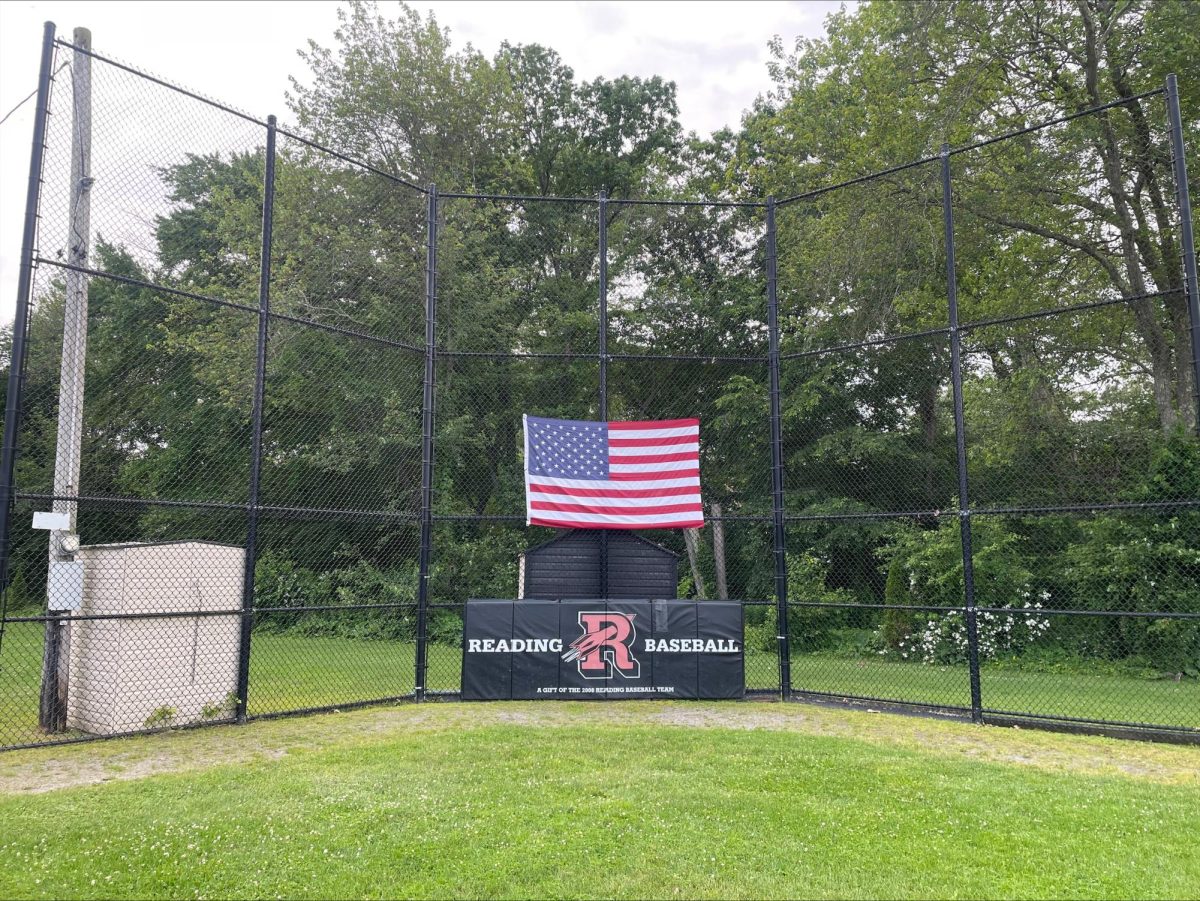Anticipation hung heavy in the air at RMHS on March 13th, 2009, and not just due to typical pre-show jitters of the cast and crew of The Laramie Project, put on by the RMHS Drama Club.
The Westboro Baptist Church (WBC) is a church based in Topeka, Kansas. Most of its members are part of the Phelps family, the founding family of the church. The WBC is well known for its inflammatory protests across the country. The church tends to picket the funerals of veterans, citing God’s will as the reason for their death. They believe that the U.S. government and their constituents have forsaken God, particularly in their backing of LGBTQ+ rights. One other popular subject of their protests are productions of The Laramie Project.
The Laramie Project is a play following the aftermath of the 1998 hate-motivated murder of Matthew Shepard, a gay college student in Laramie, Wyoming. From California to Massachusetts, the WBC has traveled far and wide to protest at countless productions of the show. In 2009, they caught wind of the RMHS Drama Club putting on the play and scheduled a protest for their second performance on March 13, 2009.
“You know we tell you true, God hates Matt and God Hates You,” WBC wrote to RMHS on the picketing schedule found on their website. “You all say that gay’s okay. We tell you plain ‘that’s not the way’.”
The Reading Chronicle first reported on the WBC’s intentions to protest at RMHS on February 13, a month prior to the event. An open letter from Dr. David Wesley Reid, who was Senior Pastor at the First Baptist Church in Reading at the time, was featured. Dr. Reid wrote, “Having served as the Senior Pastor of the First Baptist Church of Reading for 31 years I must say that I’m appalled by the attitude and actions of this Westboro group.” He continued on to say that “every man, woman and child is a human being of worth, dignity and ultimate value in the eyes of God.”
On February 17, The Chronicle divulged more details on the protest. In the article, former Reading Police Chief James Cormier urged Reading citizens to not counter-protest directly, but to consider instead “a peaceful gathering at another location to voice counter positions or embrace acceptance of diverse options.” School administration encouraged the same: support the RMHS Drama Club by coming to see the play, but avoid counter-protesting.
Police, school administration, and the Drama Club did the utmost to ensure proper security measures were taken for the performance. “I remember it being a big deal because the idea that a small high school in Reading was garnering the attention of a hate group from far away was something kind of new for our community to manage and it required everyone to come together,” Mrs. Cunha, the current director of the Drama Club, said.
Mrs. Cunha was not the director at the time, but was an alum of the RMHS Drama Club and came to see the show. She shared, “I do know that Mr. Endslow and Ms. Killian, who were in charge of the Drama Club at the time, reached out to community members all around Reading in response to this protest to say we as Reading want to show up proudly to show that this is a message that we support and that we want our students to discuss. So, church members, community politicians, members of the police and fire departments, all came out in support of the production and advertised the production amongst their own communities and then came, I believe, to a special performance of the show. It might have even been opening night.”
She recalled seeing the protestors from the WBC when she came to see the show. However, Mrs. Cunha reported, “They were far outnumbered by the supporters in the town.”
The Laramie Project certainly did have an incredible turn-out. The Drama Club was met with a full house with an enthusiastic audience that gave a standing ovation before the show even began. While there were five members of the WBC protesting, there were around 170 counter-protestors, the Chronicle reported on March 16. The police were equipped to intervene at any sign of conflict, but the counter-protest remained peaceful the entire time.
In large part, the town was unequivocally in support of the Drama Club, and that support did not stop at the town lines. Former Massachusetts Senator John F. Kerry even wrote a letter of support to the company of the play, featured in the Chronicle on the day of the protest.
“This effort came about from a cooperative effort by departments and groups across the community. It was impressive how this community came together. The sense of collaboration was phenomenal,” Police Chief Cormier said to the Chronicle. “Reading rose to the occasion once again.”
“The Drama Club is a student group; it always has been. And it has always been the mission of the Drama Club to provide theater–high quality professional level theater–for students that challenges both the students and the community at large to tell the stories that need to be told and that are important to that community and to those students,” Mrs. Cunha said. “This was a story that was vital. It was talking about a student, a young person, who was persecuted for who they were, and the effect it had on an entire community of people. And that’s a story that needs to get told, especially to young people.”
Paul Sorgi (‘24), Treasurer of the Drama Club, also acknowledged the laudability of the Drama Club’s insistence to tell Matthew Shepard’s story. “I think it shows that the Drama Club is very committed to what they are doing and they wanted to show their art … and tell the story that the Westboro Baptist Church decided to protest.”
The Reading community stood united the day the Westboro Baptist Church came to RMHS, showing both their support for the LGBTQ+ community and their belief in the importance of the arts.
